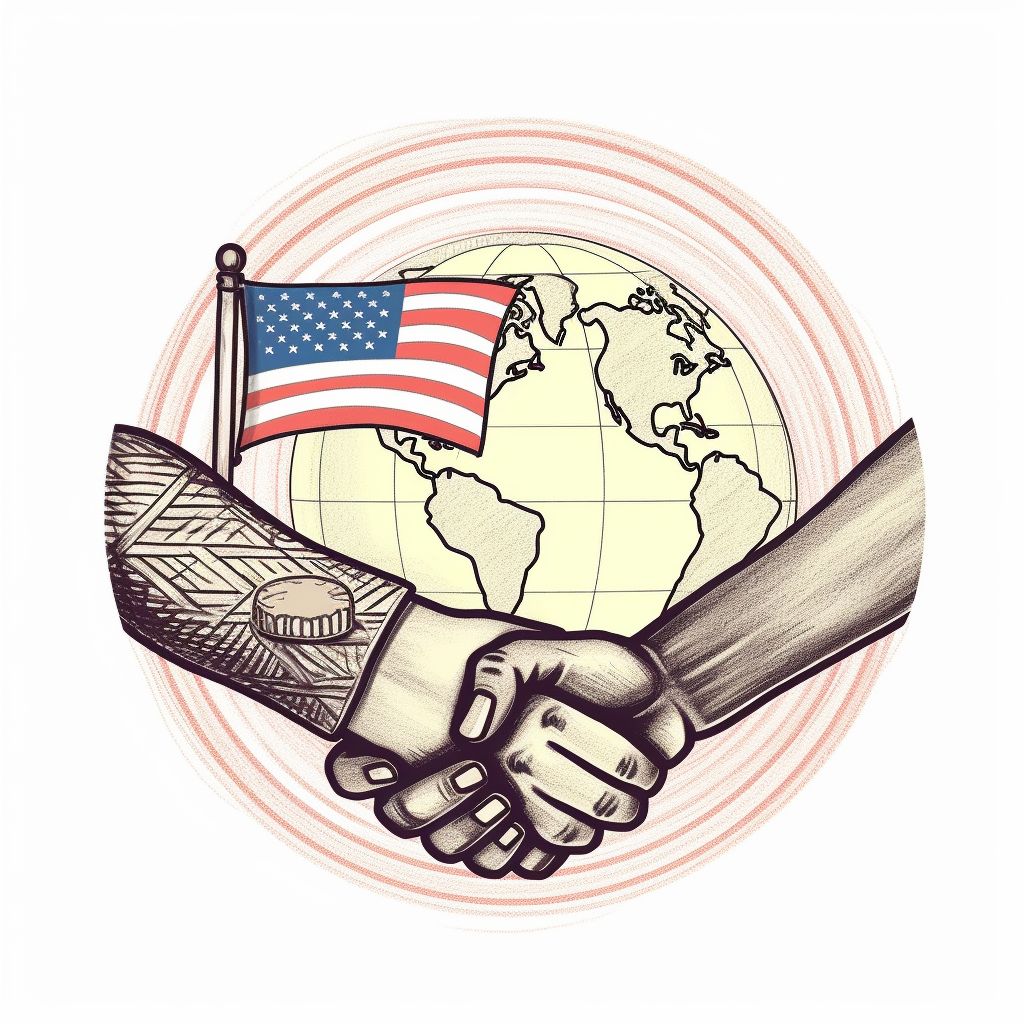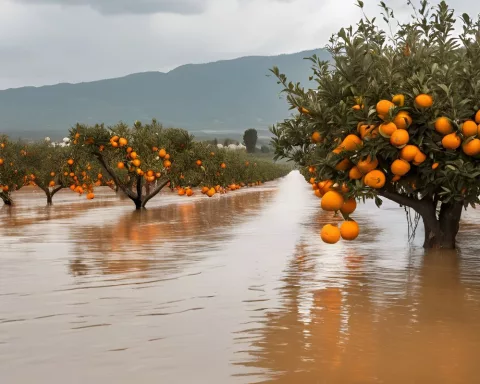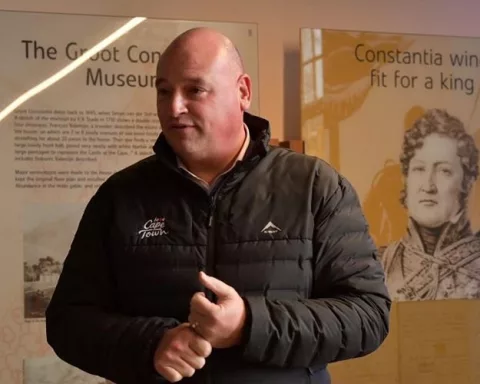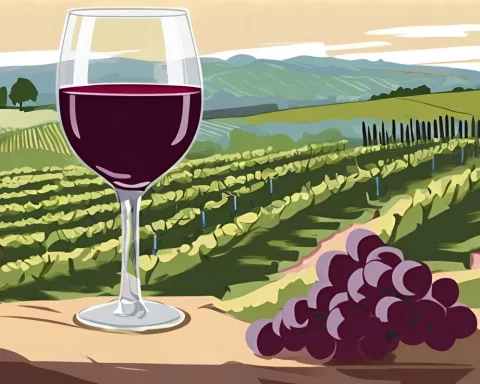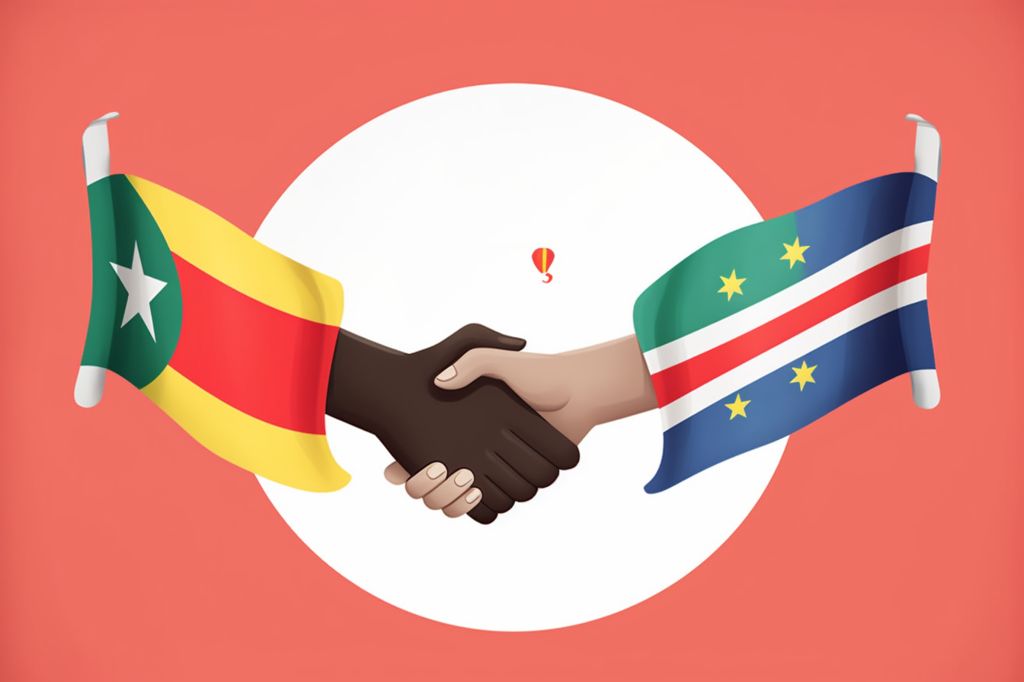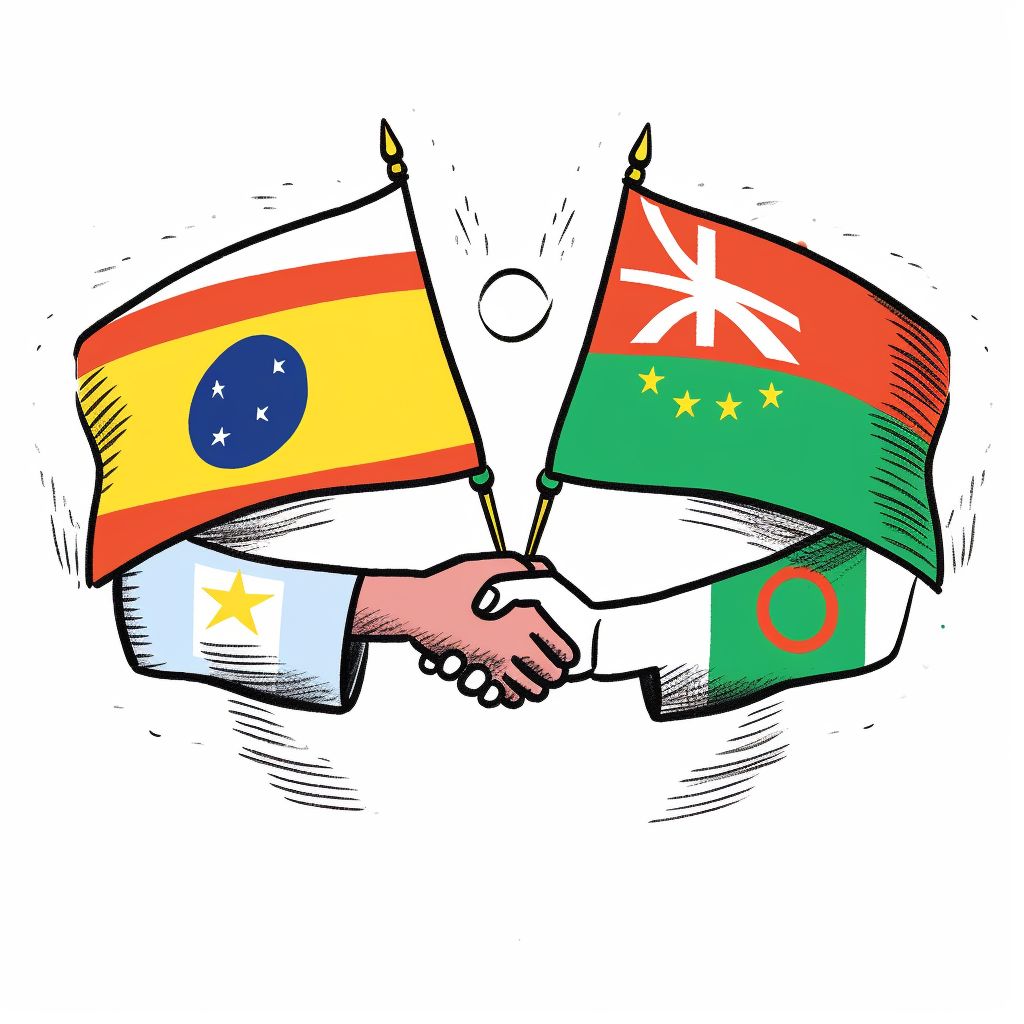The Western Cape Government has expressed deep concern over allegations that South Africa has been supplying weapons to Russia, made by the United States Ambassador to South Africa, Reuben Brigety. The government has called for the protection of the region’s economy and jobs, which are already under significant pressure due to the ongoing impact of the COVID-19 pandemic and the severe rolling blackouts that have plagued the country.
Request for an Inquiry
Premier Alan Winde has announced that he will be writing to the President, requesting an inquiry into these allegations. He is also seeking a firm commitment from the national government to safeguard crucial trading relationships with countries such as the United States and to prioritize the welfare of the many jobs that depend on the export and tourism sectors in the region.
Importance of Trade
Mireille Wenger, Western Cape Minister of Finance and Economic Opportunities, emphasized the importance of trade, investment, and tourism ties between the USA and the Western Cape. In 2021, the US was the Western Cape’s top foreign export market, with a value of R16.98 billion. Additionally, it has been the top source of foreign direct investment into the province over the last decade, investing more than R37 billion. The US is also a major source market for international tourists, generating billions in revenue and supporting thousands of jobs in the region. Wenger questioned the wisdom of the national government in potentially jeopardizing such a vital relationship.
Significance of Agricultural Trade
Dr. Ivan Meyer, the Western Cape Minister for Agriculture, noted that South Africa was the largest trading partner to the US under the African Growth and Opportunity Act in 2021. Tshepo Morokong, Senior Agricultural Economist at the Western Cape Department of Agriculture, further highlighted the significance of South Africa’s top exported agricultural products to the US. Products such as oranges and macadamia nuts, which are predominantly produced in the Western Cape, accounted for 10% and 8% of the total export value, respectively.
Concerns for Farmers and Producers
Considering these facts, the Western Cape Government urges the national government to act in the best interests of its farmers, producers, and agri-workers. This includes safeguarding the agricultural economy and its potential for job creation in the Western Cape and South Africa as a whole. The national government must address these allegations and reassure its trading partners of its commitment to maintaining strong economic and diplomatic ties. Failure to do so could have far-reaching and devastating consequences for the Western Cape and the entire South African economy, which is already grappling with numerous challenges. Swift and transparent action is necessary to ensure the continued growth and prosperity of the Western Cape and South Africa as a whole.

